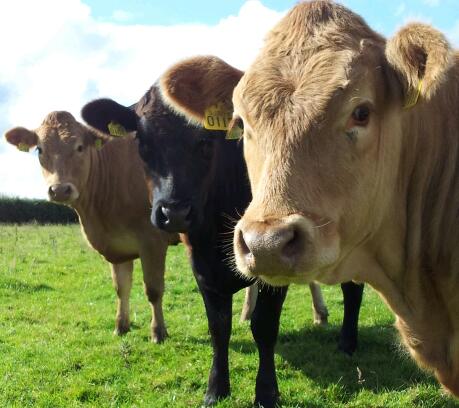A commercial animal cloning center to clone beef cattle, race horses and dogs is to be established in China, news website Xinhua has reported.
It’s reported the plant in the Tianjin Economic and Technological Development Area (TEDA), a government-sponsored business development park, is due to be put into use in the first half of 2016.
Sinica, a subsidiary of Boyalife Group, which focuses on stem cell and regenerative medicine, signed the agreement with the TEDA on Friday (November 20).
The investment is believed to be worth in the region of €29.4m and it will be jointly built by Sinica, Peking University’s Institute of Molecular Medicine, the Tianjin International Joint Academy of Biomedicine, and the Republic of Korea’s Sooam Biotech Research Foundation.
It will produce 100,000 cattle embryos a year initially, eventually increasing to 1m, according to Xu Xiaochun, Board Chairman of Boyalife Group.
Xu also said that the facility will also include a gene storage area and a museum.
Scientists have cloned mice, cattle and other animals since the world’s first cloned sheep, Dolly, was born on July 5, 1996 in Britain and since 2000, Chinese scientists have cloned sheep, cattle and pigs.
According to Xinhua, China’s first commercial cloning company was established in September 2014 in the eastern Shandong Province with the birth of three pure-blooded Tibetan mastiff puppies.
The firm is a joint venture between Boyalife and Sooam Biotech, it reports.
Prior to this, cloning in China had been limited to scientific research, however, it reports that more and more companies have shown interest in investing in the technology for commercial use, especially animal husbandry.
